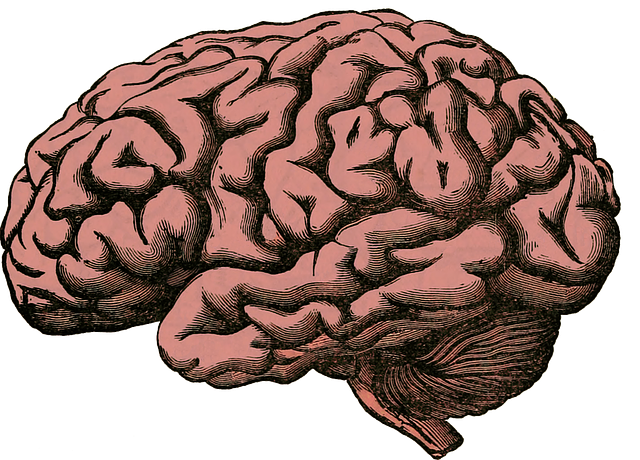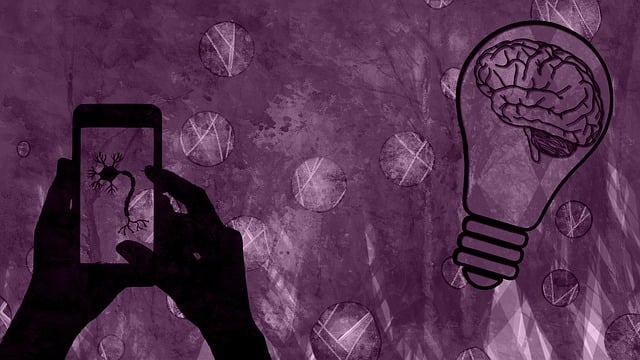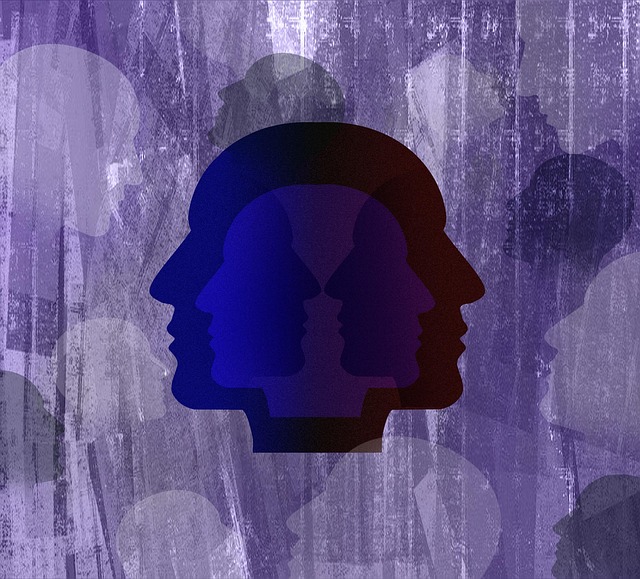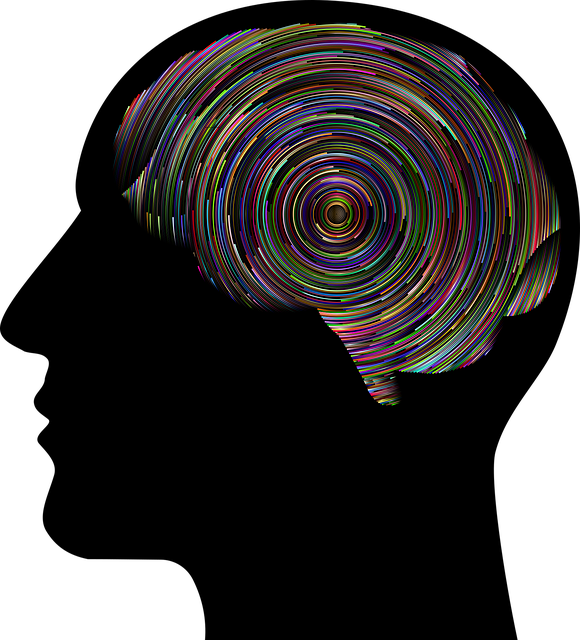Misdiagnosing mental health conditions in young adults, especially psychosis, is a pressing issue due to non-traditional symptoms and co-occurring disorders. Cultural bias among healthcare providers exacerbates this problem. Advancements in neuroimaging, digital platforms, and AI models, along with integrated Coping Skills Development programs, have improved diagnostic accuracy. Early intervention through specialized therapy, like cognitive behavioral therapy (CBT), is crucial for stabilizing symptoms, building inner strength, and enabling self-management in young adults experiencing psychosis, ultimately improving long-term outcomes.
Mental illness diagnosis accuracy is a critical area of focus in healthcare, especially for young adults. This article explores the challenges surrounding misdiagnoses in this demographic, with a specific emphasis on psychosis. We delve into innovative approaches designed to enhance diagnostic precision, highlighting early intervention and specialized therapy as game-changers. By understanding the unique barriers faced by young adults, we can strive to provide more effective care, ensuring appropriate treatment for conditions like psychosis.
- Understanding the Challenges: Uncovering Misdiagnoses in Young Adults
- Innovative Approaches to Enhance Diagnosis Accuracy
- The Role of Early Intervention and Specialized Therapy for Psychosis
Understanding the Challenges: Uncovering Misdiagnoses in Young Adults

Misdiagnosis of mental health conditions among young adults is a significant concern, often leading to delayed access to appropriate therapy for psychosis and other severe disorders. This issue stems from various challenges, including the complex nature of young adults’ experiences and the evolving presentation of mental illness in this demographic. Many young individuals may exhibit non-traditional symptoms or present with co-occurring conditions that can obscure the primary diagnosis. For instance, social skills training has been identified as an essential aspect of care for those experiencing early-onset psychosis, yet it is often overlooked due to misperceptions and a lack of specific mental health education programs designed for this age group.
The impact of cultural factors further complicates the picture. Healthcare provider cultural competency training is crucial in addressing these challenges, as biases and misunderstandings can lead to inaccurate assessments. By recognizing and understanding the unique social, emotional, and environmental influences on young adults’ mental health, healthcare professionals can improve diagnostic accuracy. This, in turn, facilitates timely interventions, including effective therapy for psychosis and other conditions, ultimately enhancing long-term outcomes for this vulnerable population.
Innovative Approaches to Enhance Diagnosis Accuracy

In recent years, innovative approaches have emerged to enhance the accuracy of mental illness diagnoses, particularly in the realm of young adults experiencing psychosis. One such game-changer is the integration of advanced neuroimaging techniques like functional magnetic resonance imaging (fMRI) and electroencephalography (EEG). These tools allow healthcare professionals to better visualize brain activity, providing more objective data that complements traditional assessment methods. Additionally, digital health platforms offer promising solutions with online assessments and remote therapy for young adults struggling with mental wellness, ensuring accessibility and comfort in the diagnosis process.
The focus on Mental Health Awareness has led to the development of sophisticated algorithms and artificial intelligence (AI) models that analyze patient data, including medical history, symptoms, and even genetic predispositions. These AI-driven tools assist clinicians in making more precise diagnoses and tailoring treatment plans for individuals dealing with psychotic disorders. Furthermore, Coping Skills Development programs are being increasingly integrated into therapy, empowering young adults to actively engage in their mental health management, which can contribute to more accurate self-reporting and overall diagnosis accuracy.
The Role of Early Intervention and Specialized Therapy for Psychosis

Early intervention plays a pivotal role in improving mental illness diagnosis accuracy and enhancing patient outcomes, especially for psychotic disorders. For young adults experiencing psychosis, timely access to specialized therapy can significantly alter their trajectory. The initial stages of psychosis are often characterized by subtle changes in thinking and perception, which may go unnoticed or misinterpreted. Early identification allows for the implementation of evidence-based interventions like cognitive behavioral therapy (CBT) tailored to address delusions, hallucinations, and disorganized thought patterns. This proactive approach not only stabilizes symptoms but also fosters inner strength development, enabling individuals to manage their conditions effectively.
Specialized therapy focuses on demystifying psychosis, building empathy between patients and healthcare providers, and incorporating cultural sensitivity in mental healthcare practice. Therapists equipped with skills in empathy building strategies create safe spaces, encouraging open communication and fostering trust. By understanding cultural nuances and incorporating them into treatment plans, therapists can provide more personalized care, enhancing the overall effectiveness of therapy for young adults with psychosis.
Mental health professionals’ ongoing efforts to enhance diagnosis accuracy are crucial, especially in identifying psychosis early on. By implementing innovative approaches, such as advanced assessment tools and specialized therapy for young adults with psychosis (e.g., Therapy for Young Adults Psychosis), the field can significantly reduce misdiagnoses and improve patient outcomes. Early intervention plays a pivotal role in managing symptoms and fostering better long-term mental well-being.









